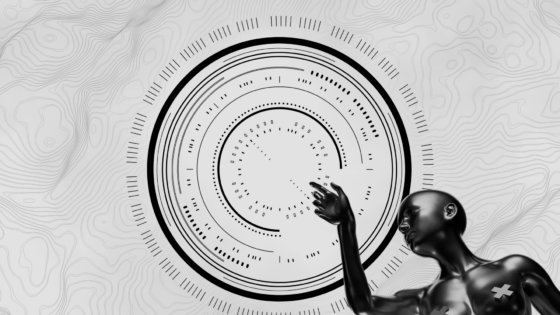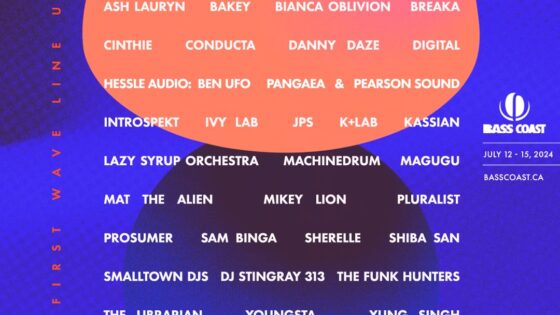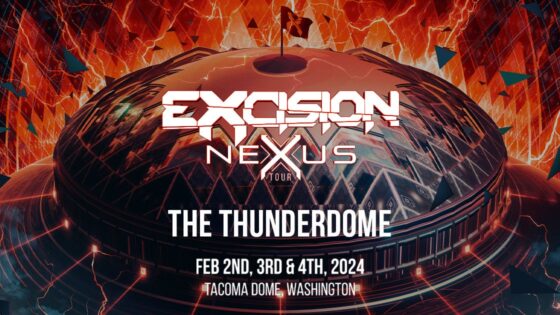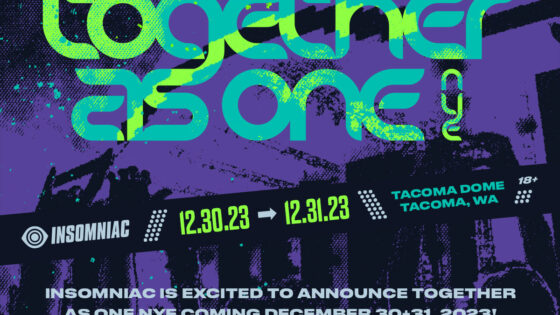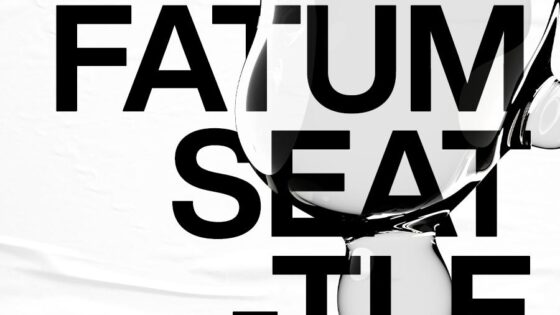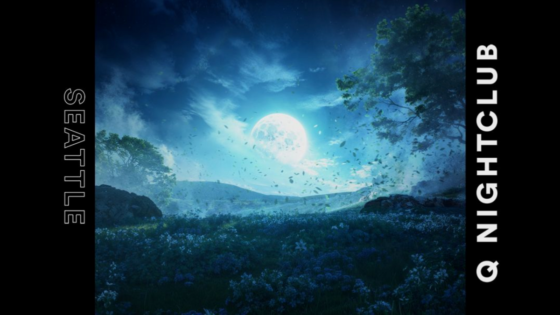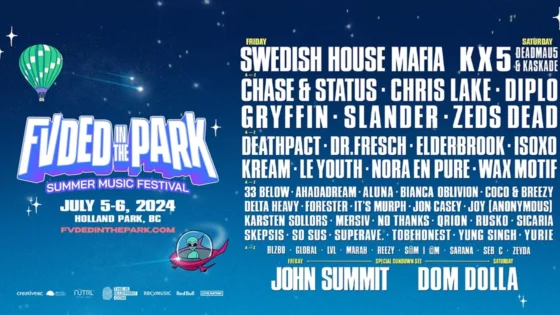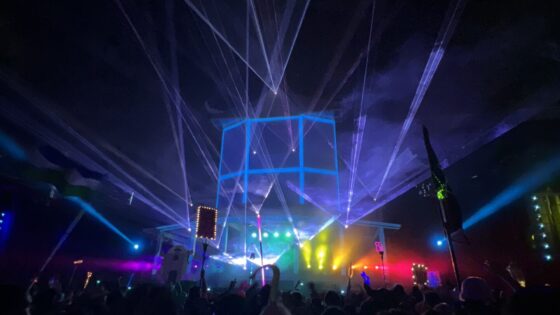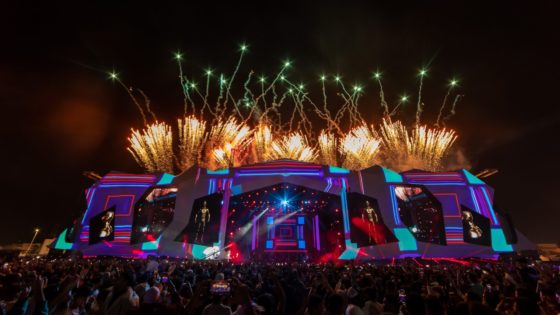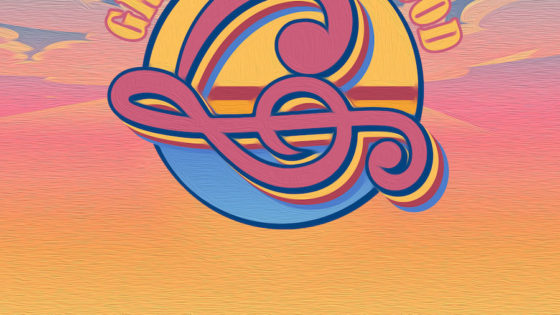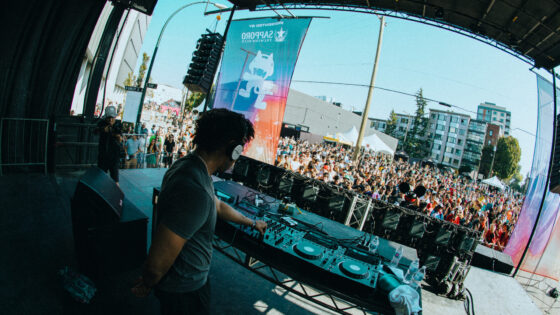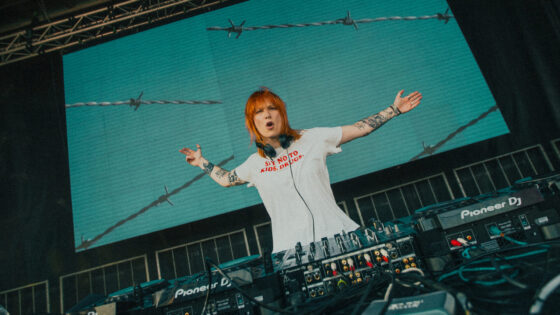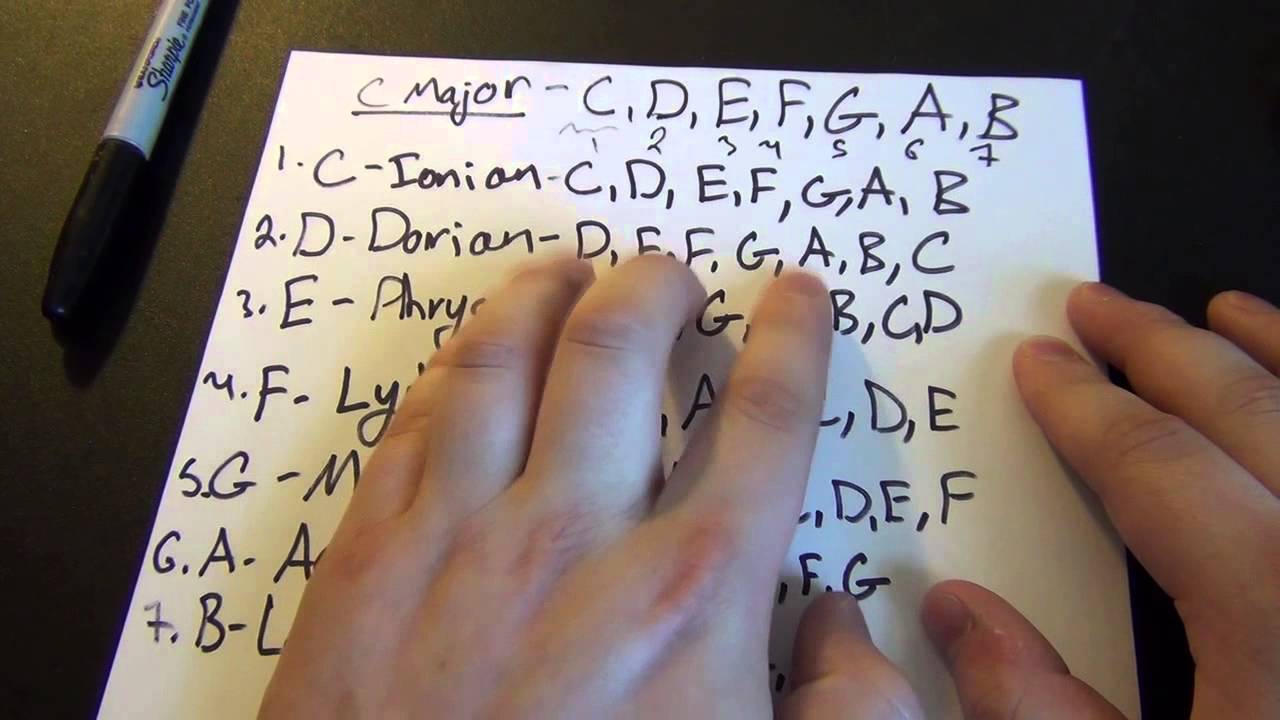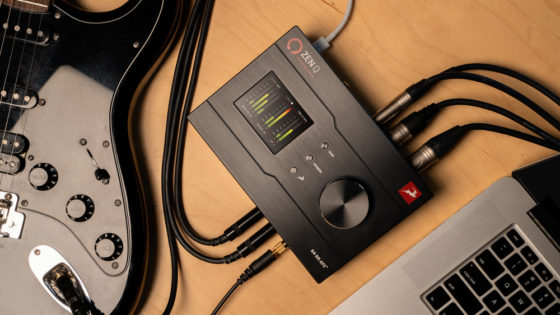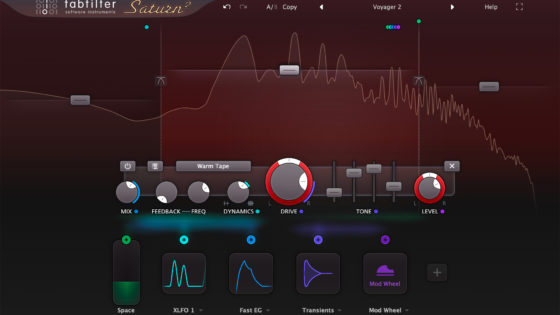Understanding all aspects of music theory is extremely beneficial when it comes to music production. One of the lesser known aspects is an ancestral variant on scales, called a mode. Let’s take a look into what exactly modes are, how they came about, and how we can use them!
What Are Modes
A mode is a different kind of scale, of which there are seven. They are, in order: Ionian, Dorian, Phrygian, Lydian, Mixolydian, Aeolian, and Locrian. The first mode, Ionian, is identical to the traditional major scale of the key you are in. For example, in the key of C, the Ionian mode contains the same notes as a C Major scale.
The remaining modes possess the same notes as the first, with the distinction of having a different root note, or tonic. If we look at the second mode, Dorian, while still in the key of C, we find everything is shifted over one note. The tonic becomes D instead of C. The rest of the modes follow suit, each with a different tonic note in the C Major scale.
A Brief History
The use of modes dates back to the middle ages. Through church music and chants, a series of precursor modes were developed that eventually led to the seven we know today. The definition of each changed throughout medieval times, both in notation and quantity. Many reformations occurred over the years, starting in the 6th century and progressing through the 10th.
Prior to the centuries of Western influence, concepts of modes were created by the Greeks. These concepts were described in three parts: scales, tonos, and harmonia. Tonos was the term that later became what we now know as a mode. Mathematicians such as Ptolemy and Pythagoras played key roles in theorizing the relations of all of the notes and intervals present in tonai (plural of tonos).
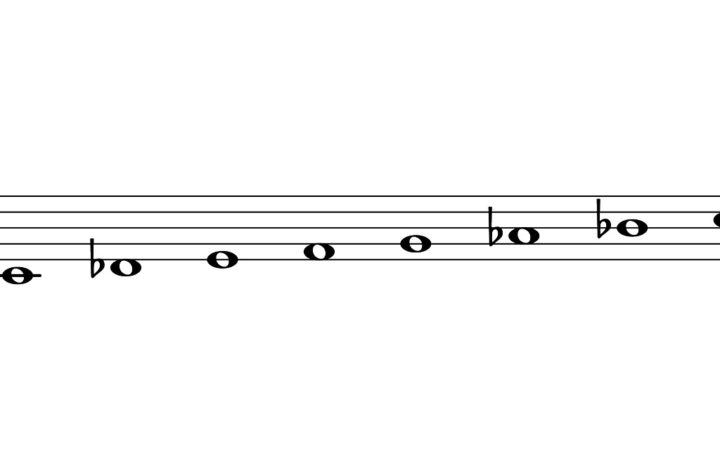
Modern Usage
Today, modes are easily relatable to known scales. The three note harmony, or triad, of each mode can be expressed as a chord, like C major or A minor. The first three modes form major chords, the second minor chords, and the last a diminished chord. Utilizing more notes from a particular mode gives us more complex dominant and seventh chords.
The major difference here is the tonal center. When you write a melody, choosing the root note of a mode changes things drastically from the root of the related scale. Unique and interesting harmonic relations arise when you play with modes rather than scales. The Dorian mode, for example, is quite popular in Middle-Eastern music, simply because of the tonal center and spacing of notes.
The concept of a mode is not the simplest. it has a long, convoluted history, and seems somewhat redundant at first glance. However, modes certainly have a special place in the musical world, and are often underutilized. Play with some modal melodies, and let us know what you think about their abstract nature in the comments below!
Important things happen in Pacific Northwest nightlife, and DMNW will send you alerts!




